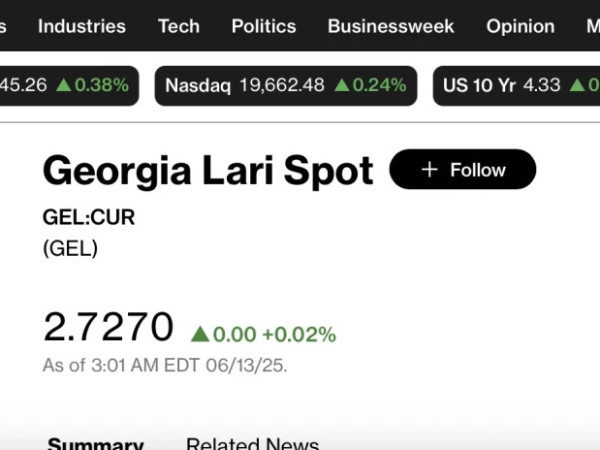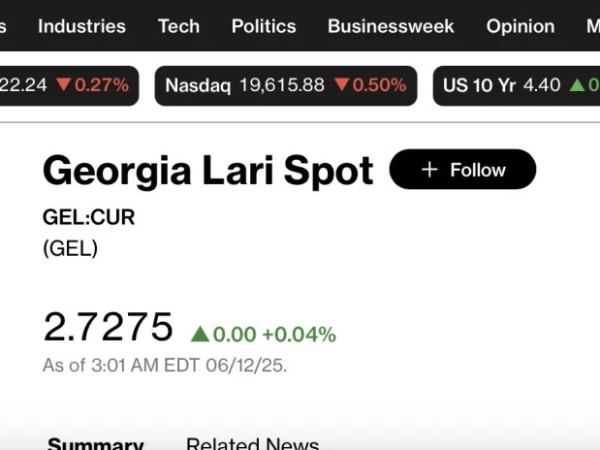Georgia’s real GDP growth accelerated, up by 8.3% y/y in Dec-23, after growing by 5.9% in previous month. The construction, manufacturing, financial and ICT sectors were the primary drivers of growth in December. In contrast, the energy and real estate sectors contracted during the same period. Overall, Georgia’s economy expanded by 7.0% y/y in 2023. In nominal terms, GDP increased by 10.2% y/y to GEL 79.7bn (US$ 30.3bn) and GDP per capita reached US$ 8,111 (+21.5% y/y) in 2023. For 2024, we forecast real GDP to grow by 5.4% in our baseline scenario and by 6.0% in upside scenario.
In Jan-24, annual inflation in Georgia dropped to zero, after a 0.4% y/y inflation recorded in Dec-23. The muted inflation was mainly driven by a 2.8% y/y decline in food prices, along with reduced inflation for imported and mixed goods by 0.2% y/y and 4.2% y/y in January, respectively. Moreover, inflation for domestically produced goods slowed to 2.7% y/y (down from 3.6% y/y in previous month) and core inflation decreased to 1.2% y/y (from 1.9% y/y in previous month) in Jan-24. By categories, annual inflation in Jan-24 was mostly driven by price changes in food and non-alcoholic beverages (-2.4% y/y, -0.82ppts), healthcare (-3.3% y/y, -0.32ppts), transport (+4.3% y/y, +0.53ppts), alcoholic beverages & tobacco (+3.5% y/y, +0.24ppts) and hotels & restaurants (+5.9% y/y, +0.19ppts) categories. We forecast average annual inflation at 3.5% for 2024.
On January 31, 2024, the NBG’s Monetary Policy Committee reduced its key rate by 50bps to 9.0% considering the current inflation trend. The regulator emphasizes that achieving EU candidate status has lowered Georgia's sovereign risk premium, potentially triggering a downward adjustment to the neutral rate of monetary policy. Given the geopolitical risks, the NBG will proceed a gradual normalization of monetary policy. The next committee meeting is scheduled for 13 March 2024. We expect a further 50bps rate cut to 8.5% in our baseline scenario by end-2024.


















